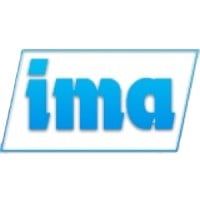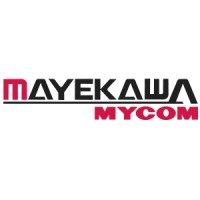
IMA Cooling Systems
IMA Cooling Systems was founded in 1989 and specialises in the design and build of cold rooms and refrigerated pack houses. IMA installations can range in size from small restaurant cold rooms of 4 sqm to hyper stores of 20,000 sqm. IMA has particular expertise's in harvested product cooling and offers a range of High Humidity Cooling (HHC) to remove field heat. IMA has installed all over the world with major installation outside the UK, in Kenya, The Gambia, Jordan and Barbados.






